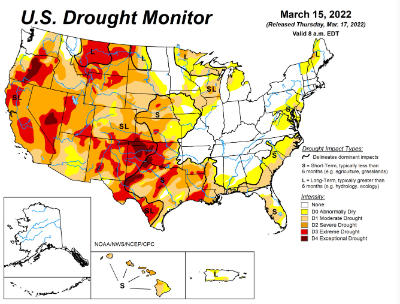Iran Potential Risks For US
The Pentagon is preparing for potential new threats to American troops in the Middle East following Iran’s extensive aerial assault on Israel early Sunday, while the Biden administration rushes to manage the aftermath.
Despite the launch of hundreds of drones and missiles, none posed a direct threat to American personnel in the region, noted a senior administration official, speaking anonymously due to the sensitive nature of the situation. However, the sheer magnitude of the U.S. response to an Iranian attack exceeds previous encounters between Washington and Tehran, prompting both sides to assess and adapt.
The Pentagon’s primary concern now is the potential risk to American service members amidst heightened tensions. Thousands of troops are stationed across the Middle East, including at vulnerable outposts in Iraq and Syria, as well as aboard ships in the Red Sea. Additional troops are set to arrive soon for a perilous mission to construct a pier for delivering aid to Gaza, where thousands are facing severe food shortages.
While no immediate threat to U.S. troops in the Middle East was identified on Sunday, the situation remains fluid, with much depending on Israel’s next moves. Biden administration officials have been urging Israeli restraint, but Prime Minister Benjamin Netanyahu, seeking to maintain power, may feel compelled to respond forcefully.
Although the senior administration official did not specifically address the threat to U.S. service members, they emphasized that American forces remain prepared to provide additional defensive support to safeguard personnel in the region.
Iran has a history of exploiting regional tensions to target American troops, and there are concerns that any escalation stemming from Israel’s response could inadvertently involve U.S. forces. Retired Gen. Frank McKenzie cautioned against Iran’s mistaken belief that escalating tensions with Israel would reset deterrence, emphasizing the potential consequences of such actions.
The U.S. response to the Iranian attack involved one of the largest defensive operations in recent memory, with various assets successfully intercepting over 80 drones and multiple ballistic missiles. Despite the scale of the attack, defensive measures proved highly effective, exceeding initial expectations.
Looking ahead, the Pentagon is bracing for increased threats as additional U.S. troops arrive in the region. Measures to protect personnel and infrastructure are being implemented, with a focus on coordinating efforts between U.S. and Israeli forces to mitigate risks from potential maritime, aerial, and ground-based threats. The memory of past attacks, such as the 2000 USS Cole bombing, underscores the importance of thorough planning and collaboration to ensure the safety of troops and assets in the region.






